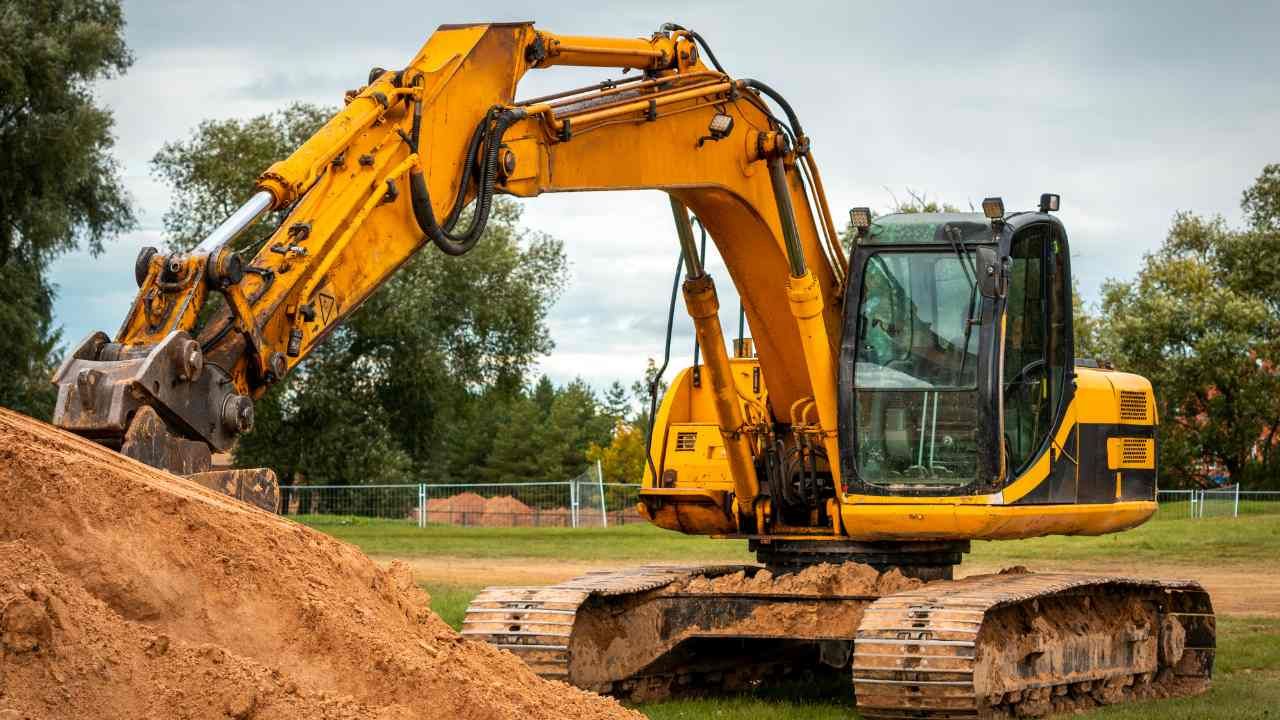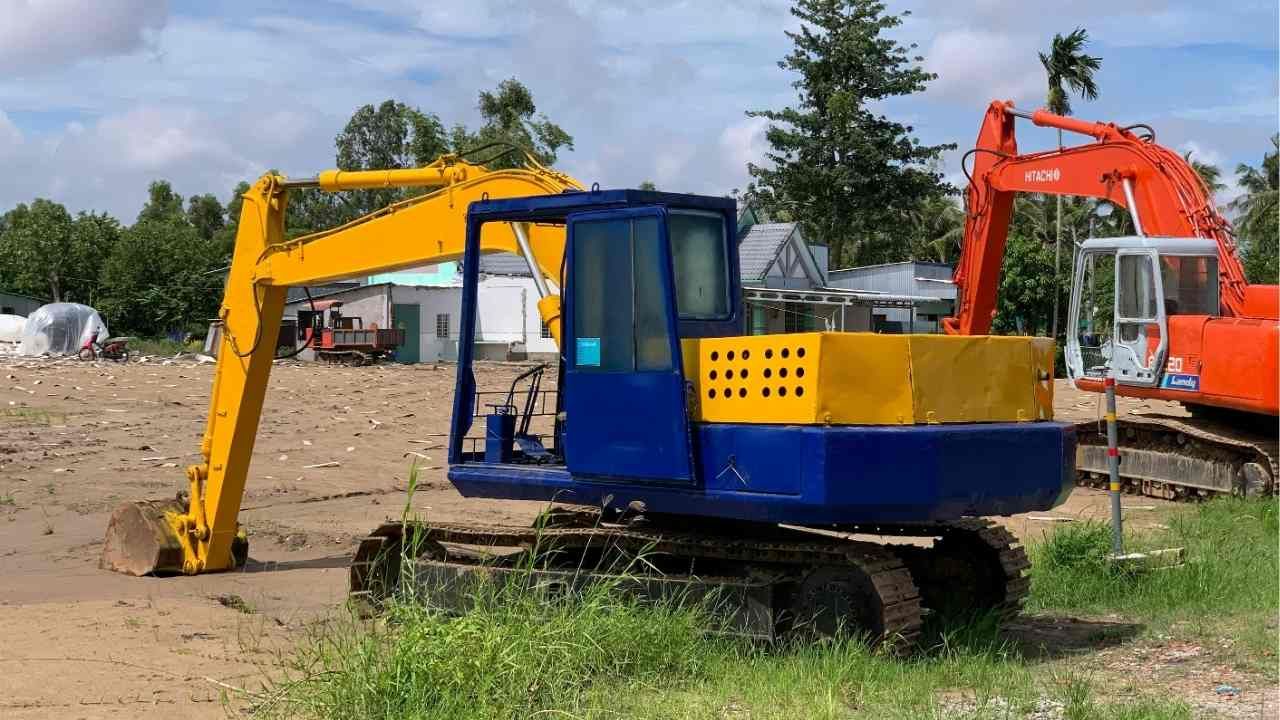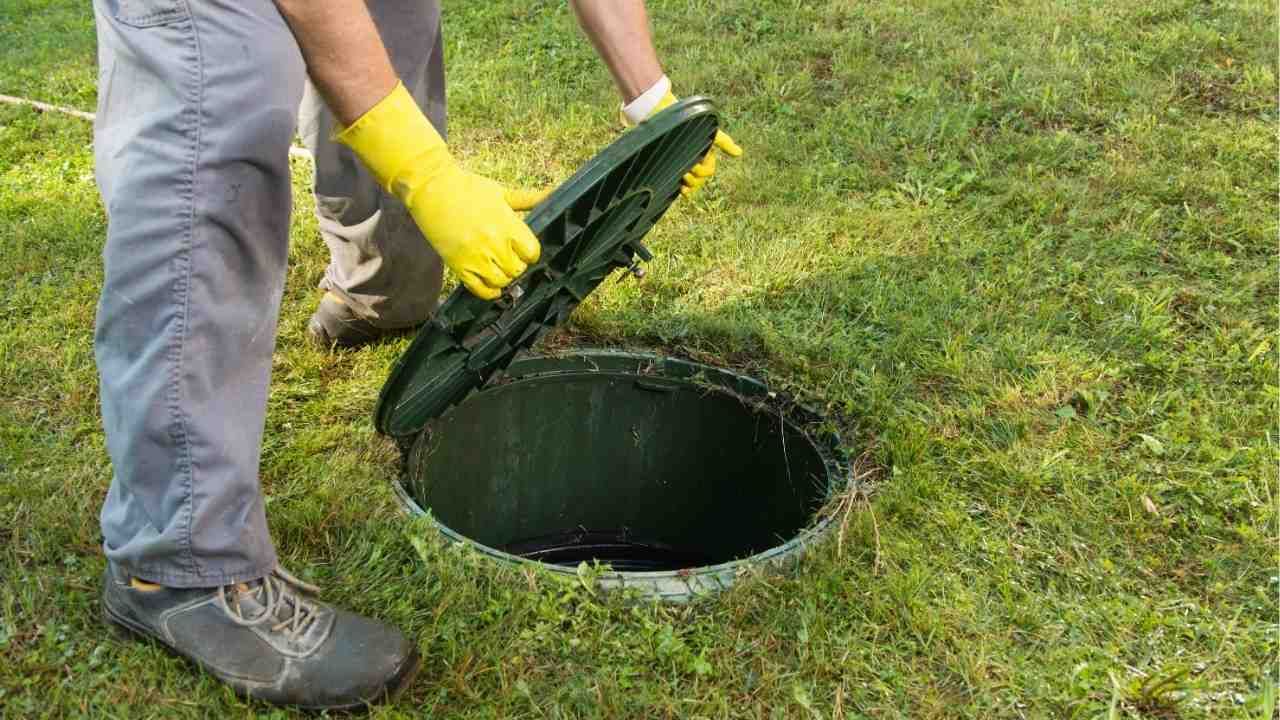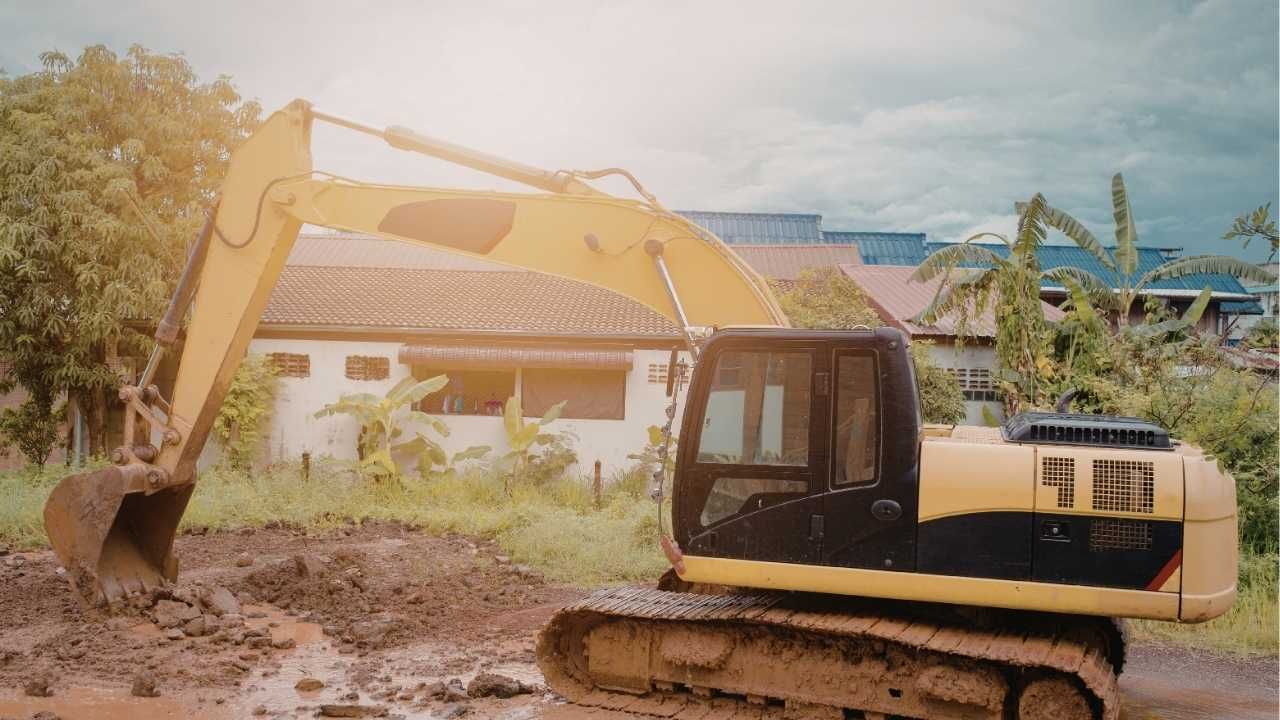What to Expect During an Excavation Project in Spencer: A Homeowner’s Guide

If you’re planning a major renovation, building a new home, or installing utilities, chances are you’ll need excavation services in Spencer MA. While the idea of digging up your yard might sound intimidating, the process can be smooth when you know what to expect.
This guide walks you through each phase of an excavation project—from the first site visit to the final inspection—so you can feel confident and prepared every step of the way.
Understanding the Scope of Excavation Work
Excavation isn’t just digging a big hole. It involves precision, planning, and strict adherence to safety codes. Here’s what’s typically involved:
- Site assessment and surveying
Before breaking ground, the residential excavation contractor evaluates soil conditions, water tables, and any potential hazards. Utilities are marked to avoid accidental disruption. - Permits and approvals
Local regulations often require permits for excavation. Your contractor usually handles this, but it’s good to double-check that everything is in order. - Equipment mobilization
Once permits are secured, heavy machinery like backhoes, bulldozers, and dump trucks are brought in. Access to your property may need to be cleared or temporarily modified.
Step-by-Step Breakdown of the Process
Every excavation job is unique, but most follow a general process:
- Pre-Excavation Planning
Expect a walk-through of your property to discuss project boundaries, timelines, and safety concerns. This is when Groundscapes Inc. or your chosen contractor outlines the excavation plan. - Site Preparation
Trees, shrubs, or structures within the work zone are cleared. Temporary fencing might be installed to protect the rest of your yard and prevent accidental entry. - Excavation Begins
The digging phase starts, guided by measurements from the site survey. Depending on the job, this could involve trenching for utilities, digging a foundation, or leveling land. - Soil Management
Excavated dirt must be stored or hauled away. If your project includes regrading, some soil may be used to reshape the terrain. - Inspection and Adjustments
Local inspectors may need to review the site before moving to the next phase. Minor changes may be required if the soil is unstable or if utilities are found in unexpected locations. - Backfilling and Compaction
After the main work is done, trenches are filled back in with select materials and compacted to reduce future settling.
What You Can Do to Prepare
Excavation is a noisy, messy process—there’s no getting around that. But a little prep on your end can go a long way:
- Move outdoor furniture and valuables
Anything near the work zone should be relocated to prevent damage. - Notify your neighbors
Give them a heads-up about the project timeline, especially if heavy machinery will be arriving early in the morning. - Plan for limited access
If your driveway or part of your yard is involved, consider alternative parking or temporary pathways.
A Quick Case Study
When the Morris family in Spencer hired Groundscapes Inc. to excavate for a new basement addition, they were initially overwhelmed by the idea of digging up their backyard. But after a clear walkthrough, timeline, and daily updates from the crew, the project stayed on schedule. Their basement was poured and waterproofed within two weeks, with minimal disruption to the surrounding yard.
Final Thoughts
Excavation might be the least glamorous part of a home improvement project, but it lays the groundwork—literally—for everything else to go right. By partnering with residential excavation services Spencer MA pros and understanding the steps involved, you can keep stress to a minimum.
For those within the service area, it's worth planning your project with precision and peace of mind by getting in touch early. Contact us to start your excavation project on the right foot.




